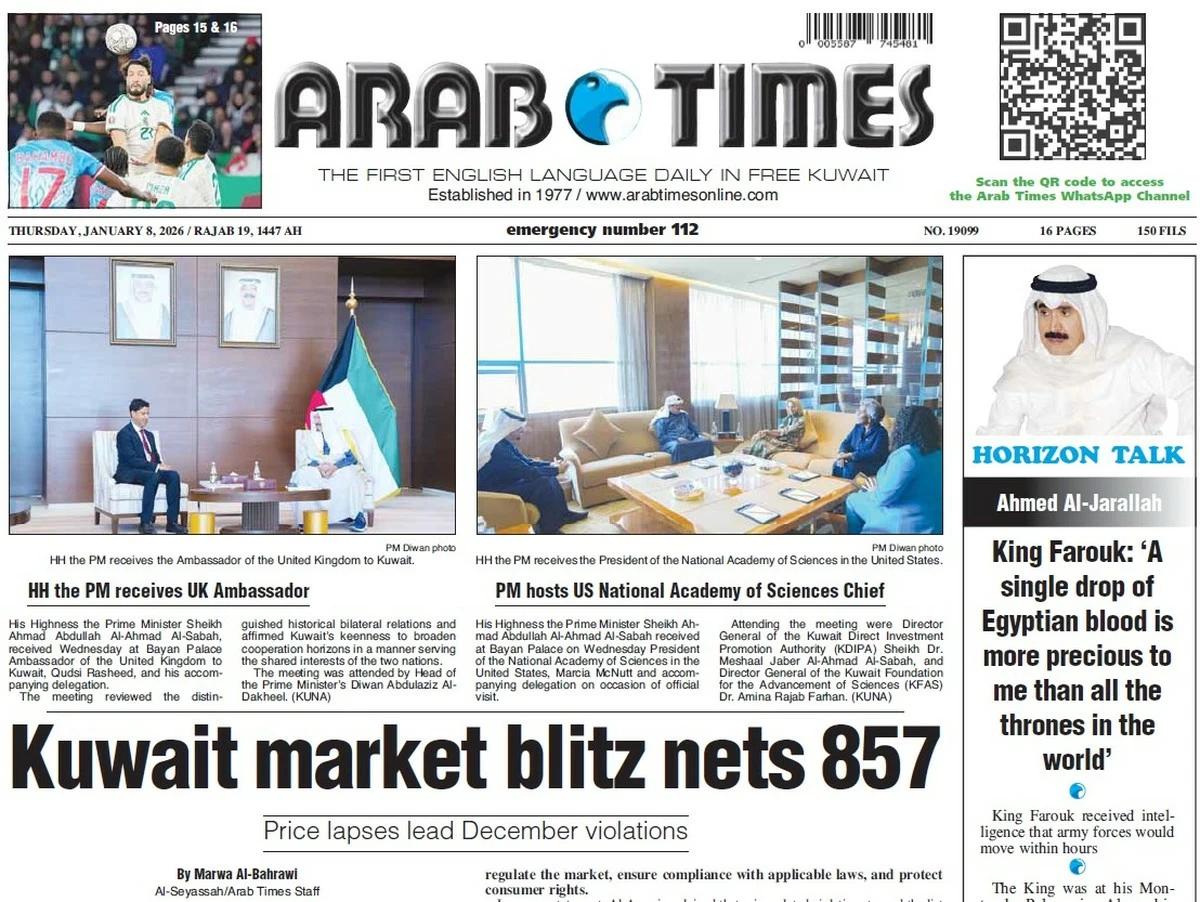07/09/2024
07/09/2024

SEOUL, South Korea, Sept 7, (AP): Less than a month before leaving office, Japanese Prime Minister Fumio Kishida visited Seoul and reaffirmed his sympathy for the suffering of Koreans during Japan’s colonial rule, as he and his South Korean counterpart Friday underscored the need to maintain warming ties between the Asian neighbors.
Since early last year, Kishida and conservative South Korean President Yoon Suk Yeol have worked together to repair ties badly frayed over grievances stemming from Japan’s brutal 1910-45 occupation of the Korean Peninsula. As a result, the two countries revived high-level talks and withdrew reciprocal economic restrictions imposed due to wrangling over the issue of Koreans forced to work for Japanese companies during the colonial period.
But experts say challenges lie ahead after Kishida's departure. "It's important to uphold the efforts by our predecessors to overcome difficult periods and cooperate with the Republic of Korea for the future,” Kishida said at the start of a meeting with Yoon, according to Yoon's office. Kishida said he has "strong pains in my heart" over the suffering of victims of forced labor, Yoon's office said, similar to comments he made last year.
On both occasions he avoided a new, direct apology for colonization. Yoon said "difficult issues” between the two countries remain but he hoped that Seoul and Tokyo will continue their pushes to achieve "a brighter future” for them. South Korea and Japan, both key US allies in Asia, face same major challenges such as the intensifying strategic rivalry between the US and China, North Korea’s advancing nuclear arsenal and supply chain vulnerabilities.
Their cooperation is also crucial for US efforts to upgrade its regional alliances in response to increasing Chinese influence and North Korea’s nuclear threat.


